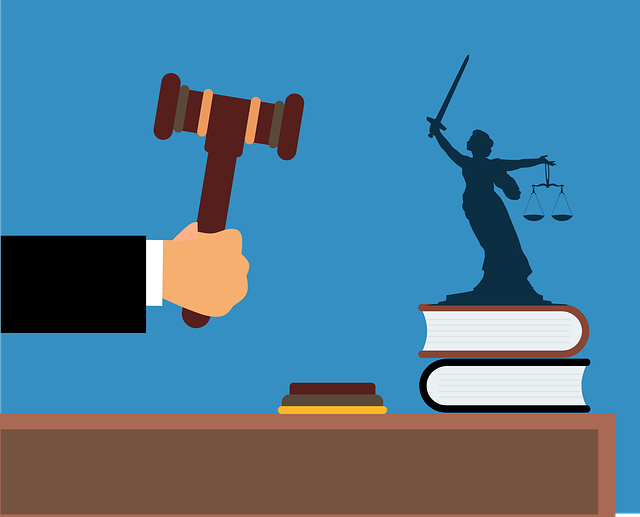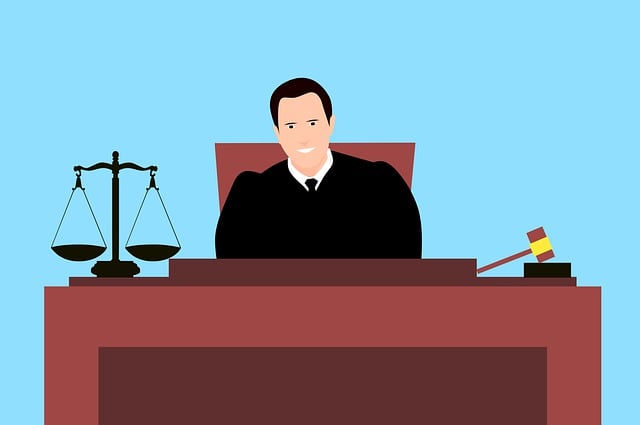Criminal defense policy is key to ensuring fairness in legal representation, empowering lawyers to protect accused clients' rights through strategic advocacy. Legal professionals navigate complex policies and nuances, challenging evidence and arguments to safeguard against miscarriages of justice, upholding the integrity of criminal justice systems via robust client relationships and thorough research. Effective legal advocacy in criminal cases ensures equal access to representation and positive outcomes for defendants.
In the intricate landscape of criminal justice, the role of legal advocacy is paramount. This article offers a comprehensive exploration of criminal defense policy and law from a legal perspective. We delve into the fundamental principles that underpin effective defense strategies, emphasizing the critical role of legal advocacy in protecting individual rights. Understanding these complexities is essential for both practitioners and those seeking to navigate the intricacies of the criminal justice system, ensuring fair and just outcomes in every case.
- Understanding Criminal Defense Policy: A Legal Perspective
- The Role of Legal Advocacy in Protecting Rights
- Navigating Complexities: Strategies for Effective Defense
Understanding Criminal Defense Policy: A Legal Perspective

Criminal defense policy is a crucial aspect of the legal system, shaping the way legal advocacy unfolds in criminal cases. From the perspective of legal professionals, understanding this policy involves comprehending the rights of the accused and the principles that guide their defense. It’s a complex landscape where every step, from initial representation to appeal processes, is governed by specific rules and regulations.
The role of legal advocacy in criminal cases extends beyond mere argumentation; it entails ensuring fairness, protecting constitutional rights, and providing a safeguard against potential miscarriages of justice. In this context, policy plays a pivotal role in defining the boundaries within which lawyers can advocate for their clients effectively. By staying informed about policy developments, legal professionals can navigate these intricate systems, offering robust defense strategies that prioritize both the law’s adherence and the best interests of the accused.
The Role of Legal Advocacy in Protecting Rights

Legal advocacy plays a pivotal role in protecting the rights of individuals facing criminal charges. It ensures that every person accused of a crime receives a fair trial, with equal access to representation and justice. Skilled legal advocates are crucial in navigating complex criminal defense policies, understanding nuances in the law, and presenting compelling arguments on behalf of their clients.
Through robust legal advocacy in criminal cases, defendants can exercise their constitutional rights, challenge evidence, and counter allegations. This process safeguards against potential miscarriages of justice and upholds the integrity of the criminal justice system. It empowers individuals to defend themselves effectively, ensuring their voices are heard and their interests protected throughout the legal proceedings.
Navigating Complexities: Strategies for Effective Defense

Navigating the complexities of criminal defense requires a strategic approach by legal advocates. With intricate laws and varying interpretations, attorneys must stay agile and adept in their understanding of case nuances. One key strategy involves thorough research and analysis of relevant statutes, precedents, and constitutional provisions. This enables defenders to uncover potential loopholes or areas where the prosecution’s case may be weakened, thereby crafting robust defenses.
Additionally, building strong client relationships is paramount. Effective legal advocacy fosters open communication, allowing attorneys to gain valuable insights into their clients’ backgrounds and circumstances. Such knowledge can significantly impact the defense strategy, ensuring it is tailored to the individual needs of the accused, ultimately enhancing the chances of a favorable outcome in criminal cases.






